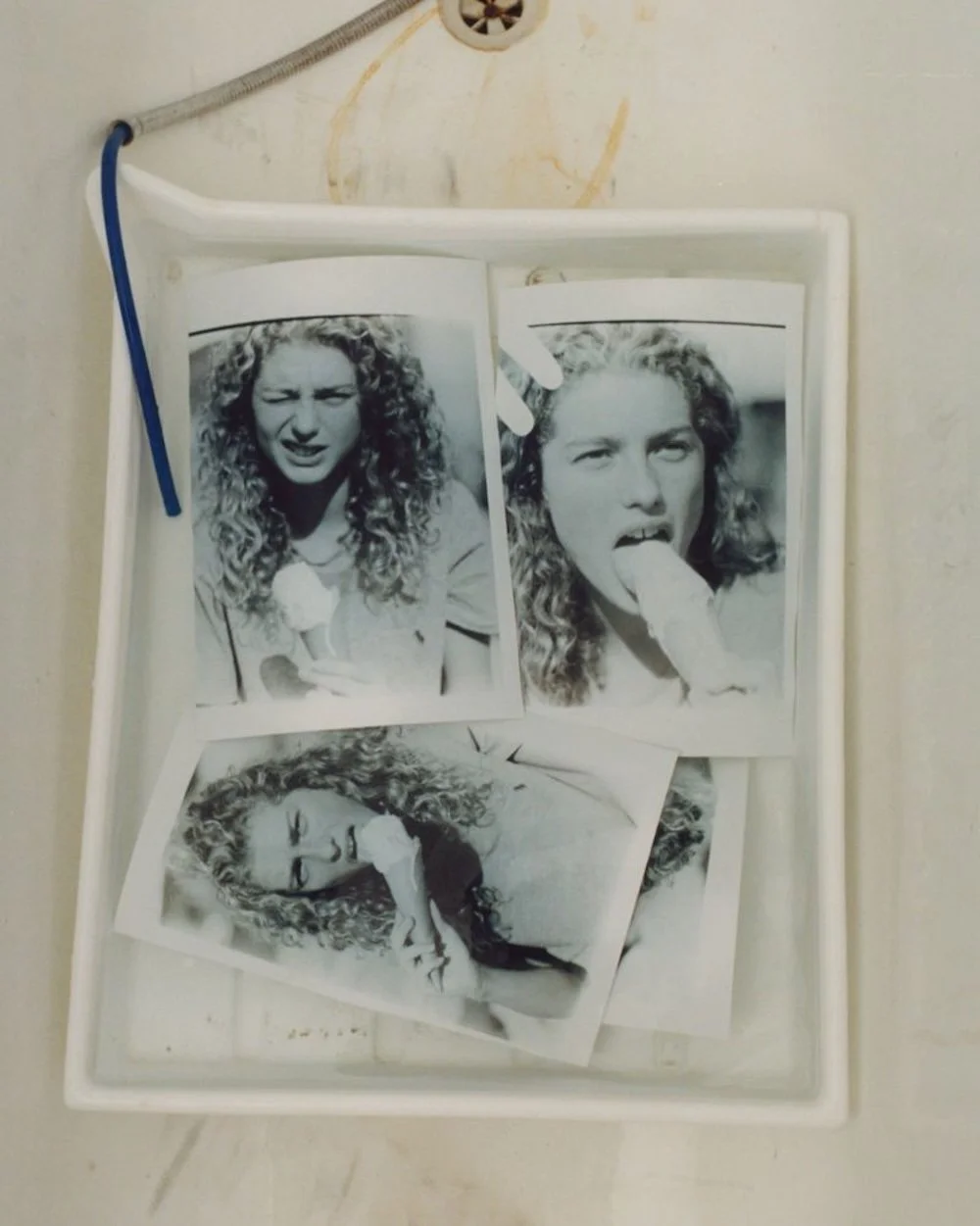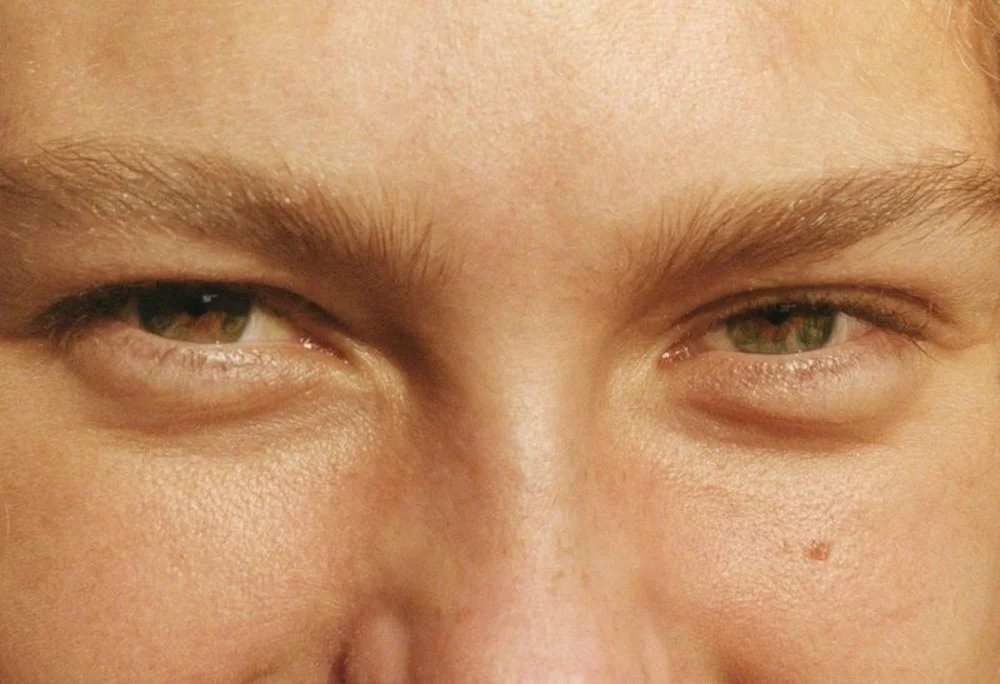The Health Benefits of Dorit Revelis' Getaway by Dudi Hasson for Puss Puss Issue 50
/The fortunate among us are taking some time off in January/February heading to both warm and cold climates depending on our vacation objectives, budgets and state of mind. We all say that vacations are much-needed respites from demanding lives.
So what considerations come to mind about maximizing the benefits of our getaways?
Leisure in Ancient Societies
Travel has long been heralded as a remedy for the stresses of daily life, offering both a literal and metaphorical escape from routine. The relationship between travel and mental health is complex, influenced by various factors including destination, duration, and the level of engagement with new experiences.
In ancient civilizations, leisure was an integral aspect of life, though it was primarily accessible to the privileged classes. In ancient Egypt, festivals were a form of leisure where people celebrated religious occasions with feasting and music, offering a break from the monotonous routine of daily labor.
Similarly, in Greece, leisure was highly valued, primarily among the elite, who engaged in activities such as philosophical discussions, sports, and theatrical performances during symposia. The concept of leisure in Greece was closely tied to the pursuit of intellectual and cultural enrichment, reflective of their emphasis on a balanced life.
The Working Class Gets to Vacation
The Industrial Revolution, a period of profound economic and social transformation from the late 18th to the 19th century, significantly influenced the concept of vacations. Before this era, leisure time was largely a luxury reserved for the affluent, while the working class labored long hours with few breaks. However, the industrialization process introduced new working rhythms and facilitated the emergence of a middle class with increased discretionary income and, importantly, leisure time.
In 2025, time off work is considered essential for recovery and mental rejuvenation among all peoples. However, vacation benefits and time-off remain inaccessible for all workers.
The Positive Health Benefits of Travel
Ultimately, the choice of vacation highlights the diversity of pathways through which travel can enhance mental health, tailored to individual preferences and needs.
Beach vacations, for example, provide a unique opportunity for individuals to decompress and soak in the soothing effects of sun, sand, and sea. The natural environment fosters relaxation and contributes to mental well-being by reducing stress levels and promoting tranquility.
The calming influence of the ocean — literally the sound of ocean waves — is documented as a source of stress relief. Spending time in green spaces has been shown to reduce cortisol levels and improve mental health universally.
Adventure Awaits the Willing Travelers
Conversely, an adventure trip or cultural immersion may stimulate the mind, offering new perspectives and enhancing cognitive flexibility by pushing individuals out of their comfort zones. Mountain retreats facilitate physical activity, such as hiking or skiing, which contributes to cardiovascular health and enhances mood through the release of endorphins.
Engaging in physical activities during your trip can significantly boost your health. Whether it's hiking, swimming, or simply taking long walks, regular movement will enhance your energy levels and mood. Immersing yourself in nature whenever possible is a top priority, especially if you live in a major urban area like New York, London, Hong Kong or Mumbai.
Cultural vacations, like those exploring historical locations or urban centers, engage the mind and encourage learning, which can boost cognitive health and provide a sense of fulfillment. Cultural immersion may stimulate the mind, offering new perspectives and enhancing cognitive flexibility by pushing individuals out of their comfort zones.
A major decision to be made in planning a getaway from work is whether travel is with one’s own friends and/or family or a more private getaway, where one’s focus is solitude. Social isolation is an increasing problem around the world and not only in America. If we seek community, many new options are emerging.
Countries like Italy are known for creating cultural experiences that focus on cooking or learning to paint or to forge metals into sculpture or jewelry. Typically, English is the spoken language, and strangers come together from around the world.
These experiences often create tightly-bonded groups of global women, who meet once a year in new destinations and no longer feel that they are so isolated.
Being Present in Mindfulness
Incorporating mindfulness practices such as meditation or yoga can also amplify the restorative effects of your vacation. These practices can help you stay present, reduce stress, and return to work feeling recharged. Prioritize sleep by setting a regular sleep schedule and avoiding overly packed itineraries that can lead to exhaustion.
Finally, focus on nutrition. Experiencing local cuisine is part of the adventure, but strive for a balanced diet that includes plenty of fruits, vegetables, and hydration.
Crucially, the mental health benefits of travel are not limited to the duration of the trip itself. The anticipation of an upcoming vacation can boost one's mood and combat anxiety, providing a positive focal point and a sense of relief from future pressures. Additionally, reflecting on past travel experiences often results in lasting feelings of joy and a sense of personal accomplishment.
















































